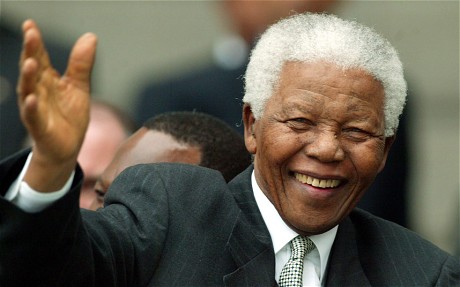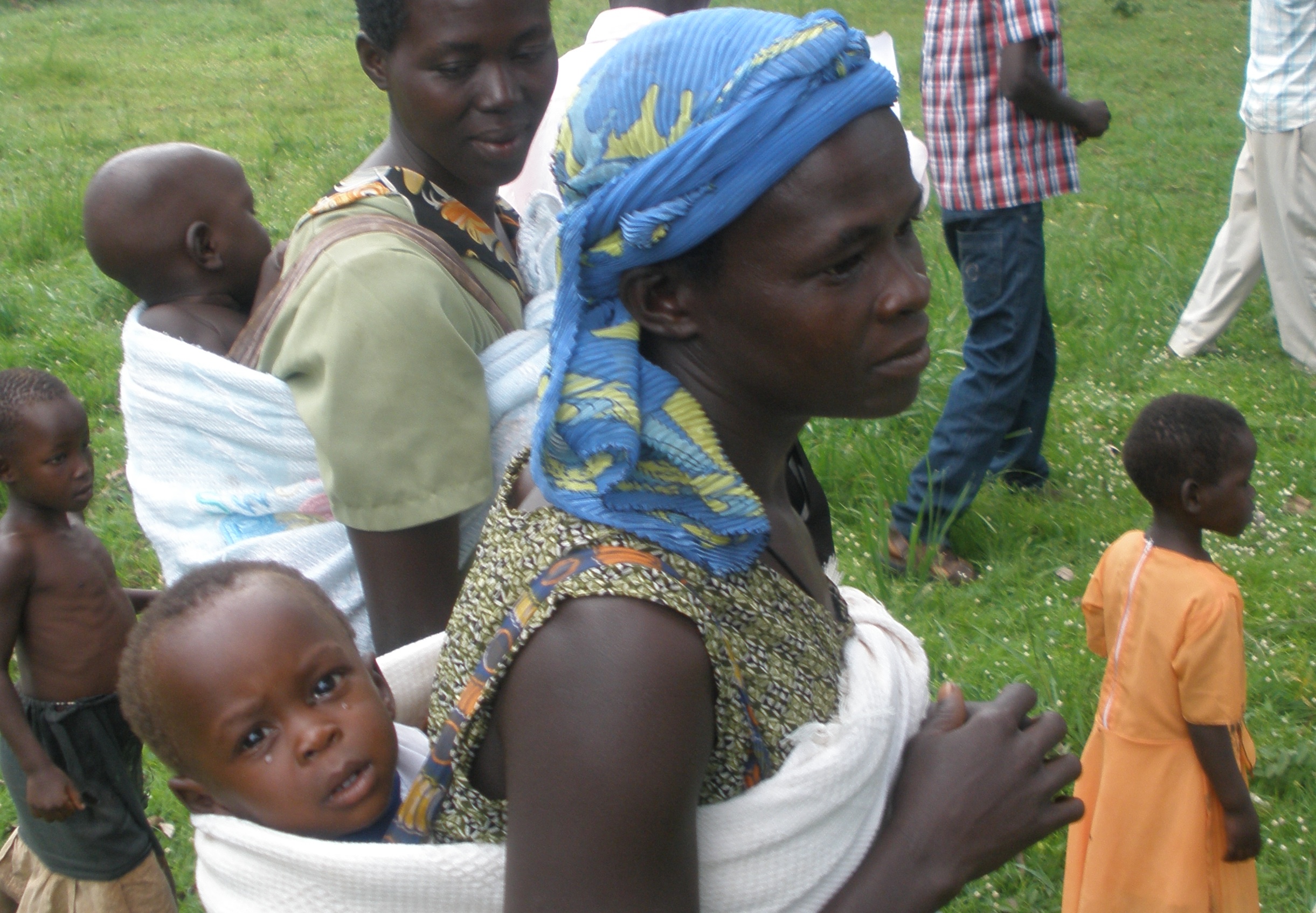
With the sad news of Nelson Mandela's death, my thoughts went back to a glorious February afternoon in 1990.
What will he say? What will Mandela say after 27 years in prison?
That was the feverish question infecting the multitudes who had gathered in the center of Cape Town on the day when the leader of the African National Congress walked to freedom. I was in the crowd, as the South African-based correspondent for The Wall Street Journal. For hours we waited as Mandela, who had been freed earlier that day, reunited with his family, friends and comrades in the struggle against apartheid.
Suddenly, he appeared — a thin, gray stranger, for nobody except a precious few had seen him in nearly three decades. And then he spoke, and a familiarity settled in.
In a deliberate, thoughtful cadence, he uttered pretty much the same words that had landed him behind bars all those years earlier. He repeated the tenets of the ANC's Freedom Charter, the words he spoke the last time he had been heard in public, at his treason trial: Above all, the end of exclusive white rule, the abolishment of apartheid and racial oppression and the government that enforced it, the demand for equality, dignity, freedom; but also, the continuation of the mass struggle until a new democratically elected government would be formed and the economy reordered to share the country's great natural wealth for the benefit of all races. Though more than one-third of his life had been taken away from him, he spoke not of revenge but of reconciliation. South Africa needed to come together, not remain apart.
It was a masterful performance, I thought, a demonstration that he hadn't lost his touch. Mandela needed to convince his supporters, and his foes as well, that he hadn't changed during all those years away. Physically yes, but in substance certainly not; he was still the same. This was imperative to maintain the support of the ANC's hard-edged youth, who knew Mandela only as an imprisoned myth and who had been raised on a campaign of resistance to authority. Here standing before them now wasn't an old man who had sold out, who had gone soft. The white government hadn't gotten to him. Nelson Mandela would still be their champion; like the boxer he had once been, he hadn't backed down. Now he exhorted his countrymen of all races to seize the moment, to be strong and move forward with him.
I reflected often on that speech in the weeks and months that would follow as I observed Nelson Mandela on the national and international stage, leading the ANC and the government into a post-apartheid era. Those words, followed up by resolute action, seem even more masterful today. If ever there was a right man for the right time, it was Nelson Mandela.
When I'm asked what Nelson Mandela was like then, I answer with one word: "Serene." Not the serenity of a man leaning back in a chair with his feet on the desk, good heavens no. When he left prison, he developed the habit of frequently checking the time; he was a man in a hurry, for too much time had already been wasted in building a new country.
Rather, it was the serenity of a man resolute in his convictions, confident in the correctness of his ideas, his words and his works.
The first year after his release was particularly trying. The apartheid government sought to use the negotiations to cling to some vestige of power. An upsurge of violence, especially among black factions stirred by white conservatives, convulsed the country. Mandela held steadfast.
"Let the people themselves decide who is going to represent them in government," he told me in slow, forceful words. The first anniversary of his release was approaching. I was due to leave South Africa and transfer to a new assignment for the Journal after nearly five years in the country. The ANC and Mandela invited me for an interview; it would turn out be my last in South Africa during that extraordinary time.
"The entire nation is ready for reconciliation," Mandela said from behind a neat desk in his elegant Johannesburg office; it was still a couple of years before he would be elected president. But, he noted, "old attitudes die hard, very hard."
He worried that the legacies of apartheid — the hate, the intolerance, the culture of violence — were becoming more entrenched each day the new South Africa failed to dawn. Whether negotiating with the white government behind closed doors or speaking to tens of thousands at open-air rallies, he forged a new legacy.
"I have at numerous rallies raised this point specifically: that the right of people to differ from us must be preserved," he said. "We are attacking the government for the fact that they are showing this political intolerance. We mustn't be accused of the same thing."
Think of those words: "The right of people to differ from us must be preserved."
It was the ideal antidote to decades of constitutionally sanctioned discrimination and brutal oppression of differing voices in South Africa. And it's what the world needs to hear today. Surely, the poisoned political discourse in the U.S. could use such wisdom: Disagree, yes, but come together to do what's best for your country and your people.
Tolerance in the face of intolerance. That was what Nelson Mandela preached, and practiced. A legacy to resound through eternity.
A version of this story was originally published by the Chicago Council on Global Affairs' Global Food for Thought blog in July 2013.





